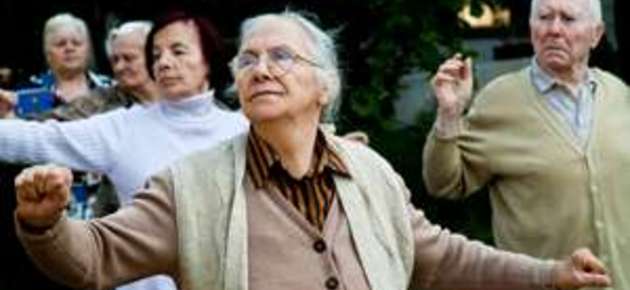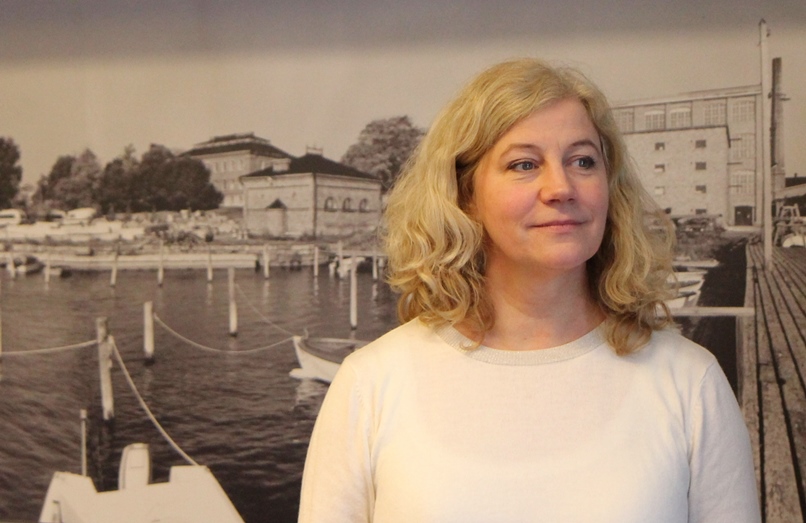Drama at the retirement home

She is clearly a groundbreaker. Not only has she collected data for her research with a demanding ethnographic method – but she has also used theatre to present the research results to the stakeholders at the elder care facility.

“We, researchers, have a tendency to focus on the extremes; on ’critical incidents’, but I wanted to learn how it feels to live in a retirement home on a daily basis and tried to capture the mundane and everyday emotions. Additionally, if you think of service research, emotions have so far mostly been studied in terms of satisfaction degrees, but I am interested in the more distinctive kind of emotions. If we understand these we are also better equipped to improve care services to support the wellbeing of seniors”, von Koskull says in Research News of the University of Vaasa.
She did an extended field study of eight months at the retirement home Hagaro in Helsinki.
“I was there 2–3 days a week, observed, did interviews and had many informal discussions with the seniors living there as well as with personnel. To a certain extent I also took part in the daily supporting activities. I aimed at capturing emotions while they emerged in interaction, instead of starting from a predefined set of emotions”.
Anxiety, security, loneliness, friendship and joy were the most prominent emotions she identified.
“Despite the fact that people live at the retirement home, they still feel lonely”, says von Koskull.
Science meets the Arts
After analysing the data von Koskull worked together with the Association of Drama and Theatre (DOT r.f.) and a drama instructor to dramatize the research results. To make the performance as trustworthy as possible a drama group of senior actors worked with the manuscript.
The actors gave a performance at the retirement home where the elderly, personnel, care center managers and the relatives could see it.
“I feel that as a researcher it is my responsibility to bring back my results to those I have researched and I looked for alternative ways of communicating the findings”, von Koskull says.
The performance consisted of six different scenes. One scene was about transition – the emotional experiences during the first day when you are at the elder care home. There was one was about anxiety and one about self-esteem and friendship.
“I got really good feedback from the audience. They truly enjoyed it and said that the performance reflected their feelings and thoughts very well. They also said that the findings were played back to them with respect, which was a great relief as I, prior to the première, was really scared that the seniors would take it the “wrong” way or feel that I somehow wanted to make fun of them”.
Von Koskull says she wants to investigate the use of theatre as a means of developing and innovating elderly care service.
“Drama can be used as a way to develop empathy and influence the well-being of care takers. In service research and innovation, there is some sort of fixation with technical solutions and perhaps drama can function as a human counter pole to that”.
She hopes that in the future the same performance could be shown at other care facilities.

Catharina von Koskull, kuva: Satu Aaltonen
Catharina von Koskull is originally from Sweden and before her current position at the University of Vaasa, she worked 14 years at Hanken School of Economics focusing on service research.
Further information: Catharina von Koskull, associate professor, University of Vaasa
tel. 029 449 8113, email: Catharina.von.Koskull(at)uwasa.fi